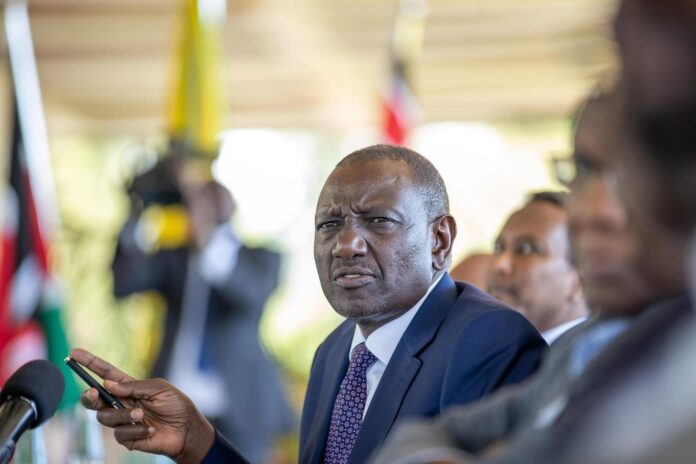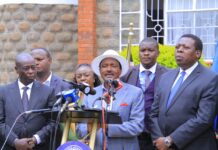Kenya’s foreign policy is under global scrutiny following recent diplomatic tensions triggered by the reception of Sudanese RSF militia leader Mohamed Hamdan “Hemedti” Dagalo at Nairobi’s Jomo Kenyatta International Airport.
Hemedti leads the Rapid Support Forces (RSF), a group implicated by the United Nations in serious human rights violations during Sudan’s ongoing civil war.
Sudan’s government accused Kenya of taking an “irresponsible stance” and recalled its ambassador, calling Kenya a “rogue state” for legitimizing a militia involved in atrocities.
The controversy intensified after Nairobi hosted RSF leaders in February 2024, facilitating the signing of a charter to form a parallel government in Sudan.
This move, condemned by the United States, United Nations, and regional powers like Egypt and Saudi Arabia, was seen as undermining peace talks and further destabilizing Sudan.
Kenya insists it remains neutral, asserting it is committed to peacebuilding and humanitarian solutions.
This isn’t Kenya’s first brush with controversy. Its hosting of M23 rebels in 2023 led to the Democratic Republic of Congo (DRC) expelling Kenyan troops and recalling its ambassador.
President Tshisekedi even boycotted a regional summit led by President William Ruto. These incidents reflect growing concerns that Kenya’s actions embolden armed groups in conflict zones.
In recent times, Kenya’s appointed envoy to South Sudan Raila Odinga was caught in the mix after his bid to end hostilities in South Sudan took a dramatic u-turn.
Raila Odinga claimed that President Salva Kiir had denied him access to imprisoned Vice President Riek Machar
However, South Sudan Government rejected this claim, accusing Kenya of taking sides in the brewing conflict. As a result, African Union Commission’s Chairperson Mahmoud, who was also Raila Odinga’s fierce competitor in the election, sent a peace delegation to assess and provide solutions.
Human rights watchdogs also accuse Nairobi of violating international law by deporting asylum-seekers and opposition leaders.
High-profile cases include the abduction of Ugandan opposition figure Kizza Besigye and the forced return of Turkish asylum-seekers.
However, Kenya defends its record, citing its historical role in mediating conflicts in South Sudan, Somalia, and Ethiopia. Supporters argue that engagement with armed groups is a necessary evil for conflict resolution and humanitarian access.
Still, mounting evidence suggests a troubling shift in Kenya’s diplomacy—from peace enabler to partisan actor—raising questions about its global standing and long-term credibility.



















